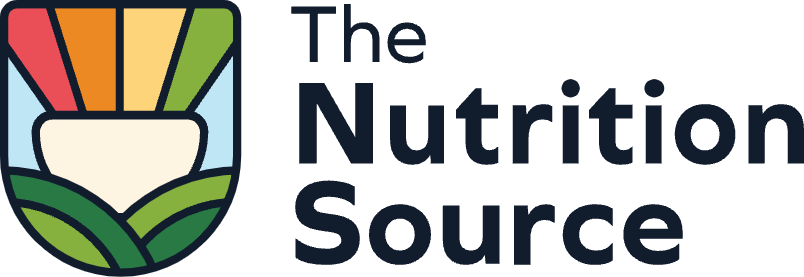Walking is an ideal exercise for many people—it doesn’t require any special equipment, can be done any time, any place, and it is generally safe. Also, many studies – including the Nurses’ Health Study, (1, 2) Health Professionals Follow-up Study, (3) Women’s Health Study, (4)Harvard Alumni Health Study, (5) National Health Interview Survey, (6) Women’s […] Continue reading
Author:
Make exercise a daily habit – 10 tips
Whether you’re looking for motivation to start exercising, or are interested in changing up your current routine, here are 10 tips for making exercise a daily habit. Piece your workout together. You don’t need to get all your exercise at one time. Ten minutes morning, noon, and night can give much of the same benefit […] Continue reading
VIDEO: Why we overeat: The toxic food environment and obesity
The Forum at Harvard School of Public Health’s webcast, “Why We Overeat: The Toxic Food Environment and Obesity.” Continue reading
Menus of Change full report now available
This annual report integrates nutrition and public health, environmental stewardship and restoration, and social responsibility within the food service industry and beyond. Food is a lens through which we see the world, and our vision is increasingly focused on not only our personal health, but also the health of our planet. Our food choices reflect […] Continue reading
Nutritional Epidemiology
Nutritional Epidemiology, by Walter Willett examines the relationship between diet and chronic diseases such as cancer and cardiovascular disease. Continue reading
Maternal Obesity
Around the globe, more than 300 million women are obese—a grave concern given the harmful toll excess weight takes on pregnant women and their children. Maternal Obesity (Cambridge University Press, 2012) compiles the latest research about obesity in women of childbearing age into one comprehensive volume. The book thoroughly examines the adverse health effects of obesity […] Continue reading
Tips to lower trans fat intake
1. Read labels carefully and avoid foods with trans fats. 2. Avoid eating commercially prepared baked foods (including cookies, pies, and donuts), snack foods, and processed foods, including fast foods, unless you know they are trans free. 3. When cooking, choose healthier oils such olive, canola, or another liquid vegetable oil. If you desire a […] Continue reading
Flawed Science on Sodium from JAMA
Why you should take the latest sodium study with a huge grain of salt A new study would have you believe that low-salt diets raise your risk of dying from heart disease—a surprising finding, and one that’s sure to grab headlines worldwide. The only problem is that the study’s conclusions are most certainly wrong. Continue reading
It’s time for the salt feud to fade
One of the longest-running feuds in modern nutrition science revolves around a simple question: Will reducing salt intake save lives? Continue reading
Food rating systems: A not-so-smart choice
When rushing through the supermarket, who has time to pore over Nutrition Facts labels and compare ingredient lists? That’s why more than a dozen rating systems have been established to help shoppers identify healthful products. (1) Some, like the Guiding Stars program in Hannaford supermarkets, put rating information on food shelf tags below various products. […] Continue reading

